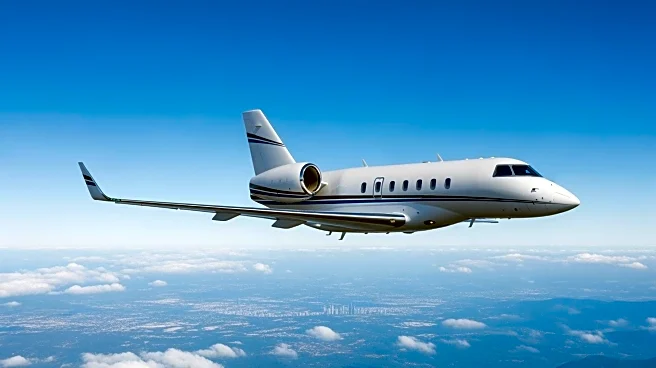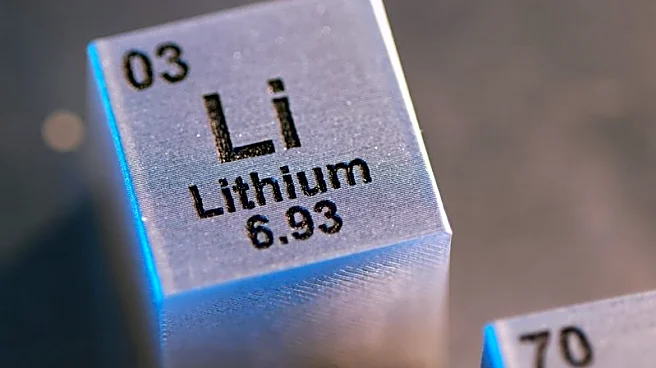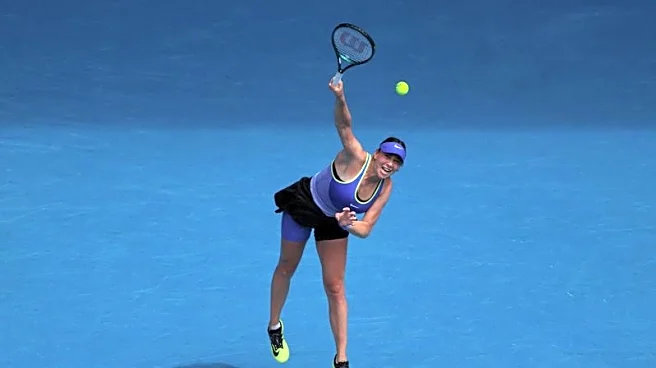What's Happening?
Russian President Vladimir Putin may face challenges traveling to Budapest for a summit with President Trump due to EU airspace restrictions. Russian planes are banned from EU airspace, requiring special
dispensation for Putin's modified Ilyushin Il-96 plane, known as the 'Flying Kremlin.' Hungary, a NATO member, is coordinating with neighboring countries to ensure Putin's safe passage. The summit aims to discuss peace efforts in Ukraine, with Hungary's Viktor Orban facilitating the meeting.
Why It's Important?
Putin's travel to Budapest highlights geopolitical tensions and the complexities of international diplomacy. The EU's airspace restrictions reflect broader sanctions against Russia, impacting diplomatic engagements. The summit's focus on Ukraine peace efforts underscores the importance of resolving the conflict and stabilizing the region.
What's Next?
The summit could lead to new diplomatic initiatives or agreements between the U.S., Russia, and Ukraine. The outcome may influence future international relations and conflict resolution strategies. EU member states' decisions on airspace permissions could impact the summit's logistics and diplomatic dynamics.
Beyond the Headlines
The travel restrictions highlight the role of international sanctions in shaping diplomatic engagements. It raises questions about the balance between security measures and diplomatic efforts in conflict resolution.











